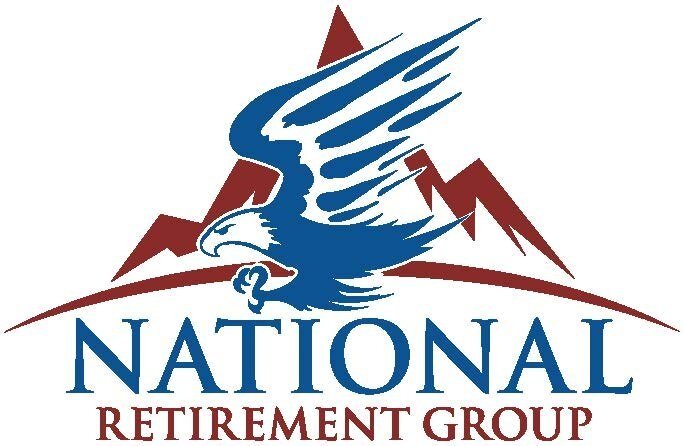insurance solutions for business clients
National Retirement Group’s business clients include owners of closely-held and privately-held companies. The primary reasons that they buy life and disability insurance are for 1) Key Person Indemnification; 2) Business Continuity; and 3) Non-Qualified Executive Benefit Plans.
Key Person Insurance
Similar to insurance that indemnifies a business for property and liability losses, life and disability insurance indemnifies the business for losses cause by the death or disability of a key person. Upon the death or disability of the insured key person, the business receives the policy death proceeds or lump-sum disability benefit to subsidize its lost earnings, recruit and hire a replacement or pay expenses that may arise due to the death or disability of the key person. Refer to Key Person Insurance.
Business Continuity Insurance
Closely-held business owners, who have no ready market for their ownership interests in the event of their death or disability, buy life and disability insurance to fund business continuity since these policies provide funds exactly when the buy-out is triggered – upon disability or death. A properly structured and funded buy-sell agreement typically:
Creates a market for a departing business owner’s stock.
Helps to maintain ownership control within the desired channels.
Establishes a fair price or valuation method in advance of a triggering (e.g. death, disability or retirement of a business owner).
Sets the value of the business interest for purposes of federal estate tax (if done properly).
Reduces the chance of valuation disputes with the Internal Revenue Service.
Contains directives that help avoid conflicts amount family members.
Provides needed liquidity to handle estate expenses.
Preserves the business’s tax status.
Improves the credit risk of the business.
Business continuation plans funded with insurance are usually structured in one of three ways: 1) stock redemption; 2) cross-purchase; or 3) wait-and-see. Each business owner is insured for the value of his or her business interest and the insurance is either owned by the business itself or the other business owners. Upon the first death among the business owners, the life insurance death proceeds are used by the business or surviving business owners (as the case may be) to purchase the ownership interest of the deceased person from his or her estate. The surviving business owners are assured of business continuity without interference from the deceased owner’s family and the estate beneficiaries receive cash instead of what could prove to be a speculative interest.
Non-Qualified Executive Benefit Plans
Non-qualified executive benefit plans are typically structured to provide life, disability and retirement benefits on a discriminatory basis to whomever a business wishes (e.g. a few select executives). The term “nonqualified” refers to the fact that these plans do not meet the IRC and ERISA requirements of qualified plans, especially with regard to nondiscrimination.
The types of non-qualified executive benefit plans that are typically funded with insurance products include:
Executive Bonus Plans
Deferred Compensations Plans
Restricted Executive Bonus Plans
Supplemental Executive Retirement Plans (SERPs)
Executive Group Term Carve Out Plans
401(k) Mirror Plans
Supplemental Long Term Disability Plans
Endorsement Split Dollar Plans
Executive Long Term Care Plans
Collateral Split Dollar Plans


